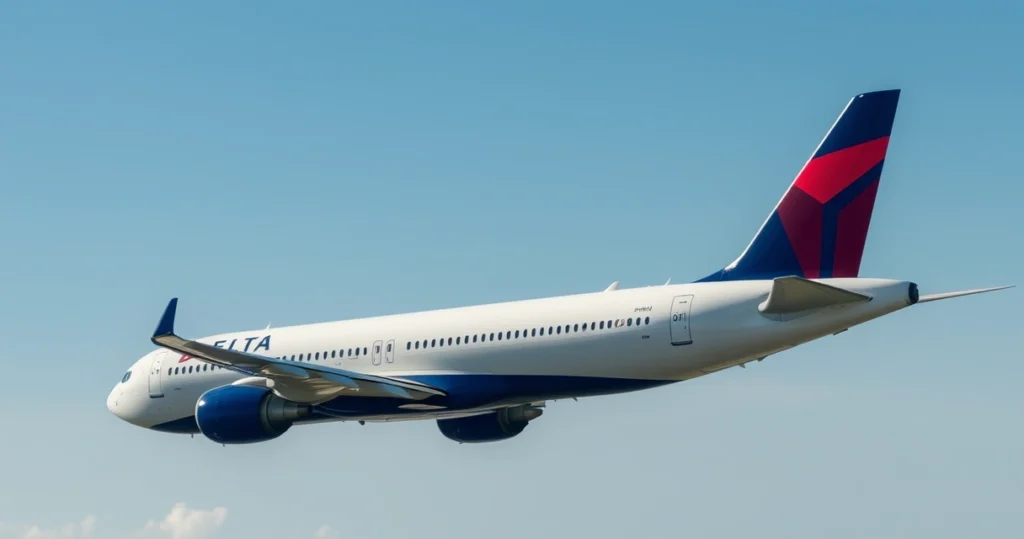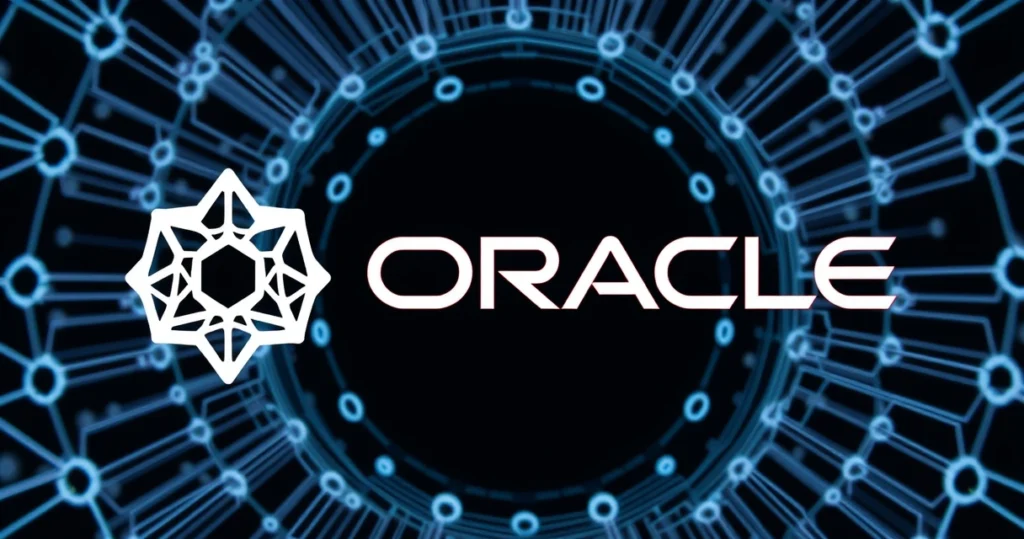Delta Airlines Reverses Course, Vows to Avoid AI Price Hikes Amid Criticism
In a significant turn of events, Delta Airlines has announced its decision to refrain from utilizing artificial intelligence (AI) to implement price hikes on airfares. This reversal comes in response to mounting criticism from various stakeholders, including competitors like American Airlines and notable political figures. The airline initially considered using an AI tool named Fetcherr to analyze demand, fuel costs, and airline competition to optimize pricing strategies. However, the backlash has prompted Delta to reconsider its approach, promising customers that they will not face inflated prices driven by AI.

In the fiercely competitive airline industry, pricing strategies are crucial to maintaining customer loyalty and market share. As airlines increasingly integrate technology to streamline operations and enhance profitability, the ethical implications of using AI for price optimization have come under scrutiny. Delta’s decision to avoid AI price hikes highlights the delicate balance airlines must strike between leveraging technology and maintaining customer trust.
The Role of AI in the Airline Industry
The airline industry has long been a frontrunner in adopting technology to improve operational efficiency and customer service. AI applications range from flight scheduling and maintenance to customer service chatbots and dynamic pricing algorithms. The latter has garnered particular attention, as airlines use AI to adjust prices in real-time based on various factors.
Understanding Dynamic Pricing
Dynamic pricing refers to a pricing strategy where prices fluctuate based on current market demand, competitor pricing, and operational costs. For airlines, this means that ticket prices can change multiple times a day based on factors like:
- Demand Analysis: Understanding how many seats are being sold and how quickly can influence pricing.
- Fuel Costs: Fluctuations in fuel prices can significantly affect operational costs, prompting airlines to adjust ticket prices accordingly.
- Competition: Monitoring competitor prices helps airlines to position their fares competitively.
Criticism of AI Price Hikes
The potential for AI to enable price hikes has attracted criticism from various quarters. Airlines like American Airlines have voiced concerns that relying too heavily on AI for pricing could lead to exorbitant fare increases, especially during peak travel times or emergencies. This perception can strain customer relations and lead to public backlash against the airlines involved.
Delta’s Initial AI Strategy
Delta Airlines initially announced its partnership with Fetcherr, an AI-driven platform designed to analyze the aforementioned factors affecting pricing. The airline believed that leveraging such advanced technology would allow it to optimize revenue management while maintaining competitive pricing. However, the response from the market and consumers was less than favorable.
The Backlash from Customers and Competitors
As news of Delta’s AI pricing strategy spread, many customers expressed their concerns about the potential for unfair pricing practices. Critics argued that using AI to set prices could lead to greater disparities in fare pricing, particularly disadvantaging budget-conscious travelers. Furthermore, competitors like American Airlines pointed to the ethical implications of using technology in a way that could exploit market conditions.
Delta’s Commitment to Ethical Pricing
In light of the feedback received, Delta Airlines has taken a bold step back from its initial strategy. The airline has publicly committed to avoiding AI-driven price hikes, emphasizing a customer-centric approach to pricing. This shift is not only aimed at restoring consumer trust but also at setting a precedent within the airline industry that prioritizes ethical considerations over mere profit maximization.
What This Means for Travelers
For travelers, Delta’s decision is a welcome change. The assurance that AI will not be used to inflate prices can lead to greater confidence in ticket purchases. Customers can expect fair pricing practices and more transparency regarding how fares are determined. This move could potentially enhance Delta’s reputation and customer loyalty in a time when many airlines are facing scrutiny over their pricing strategies.
The Future of AI in the Airline Industry
While Delta has taken a stand against AI price hikes, the broader question remains: how will AI continue to shape the future of the airline industry? The technology undoubtedly offers significant benefits, from operational efficiency to enhanced customer experiences. However, the ethical implications of its use must be carefully considered to avoid alienating consumers.
Balancing Innovation and Customer Trust
Airlines are faced with the challenge of leveraging AI for operational benefits while ensuring that their pricing strategies remain fair and transparent. As technology evolves, it will be crucial for airlines to communicate openly with customers about how pricing decisions are made and to prioritize ethical considerations in their business models.
Conclusion
Delta Airlines’ recent reversal on AI price hikes underscores the importance of customer trust in the airline industry. By pledging to avoid price increases driven by AI, Delta is not only addressing consumer concerns but also positioning itself as a leader in ethical pricing strategies. As the airline industry navigates the complexities of technology and competition, this commitment may serve as a benchmark for others to follow.
Frequently Asked Questions (FAQ)
1. What is Delta Airlines’ new policy regarding AI and pricing?
Delta Airlines has announced that it will not use AI to implement price hikes on airfares, responding to criticism from customers and competitors.
2. What factors does Delta consider for its pricing strategies?
Delta considers demand analysis, fuel costs, and airline competition when determining pricing strategies, but has vowed to avoid AI-driven price increases.
3. Why has Delta faced criticism for its initial AI pricing strategy?
Critics, including other airlines and politicians, expressed concerns that AI could lead to inflated ticket prices, negatively impacting budget-conscious travelers.
4. How does dynamic pricing work in the airline industry?
Dynamic pricing allows airlines to adjust ticket prices in real-time based on demand, operational costs, and competitor pricing, ensuring competitive fare offerings.
5. What implications does Delta’s reversal have for the airline industry?
Delta’s commitment to ethical pricing may encourage other airlines to reconsider their own pricing strategies and prioritize customer trust in their operations.
📰 Original Source
Este artigo foi baseado em informações de: https://tecnoblog.net/noticias/delta-volta-atras-e-promete-que-nao-usara-ia-para-cobrar-mais-caro/



